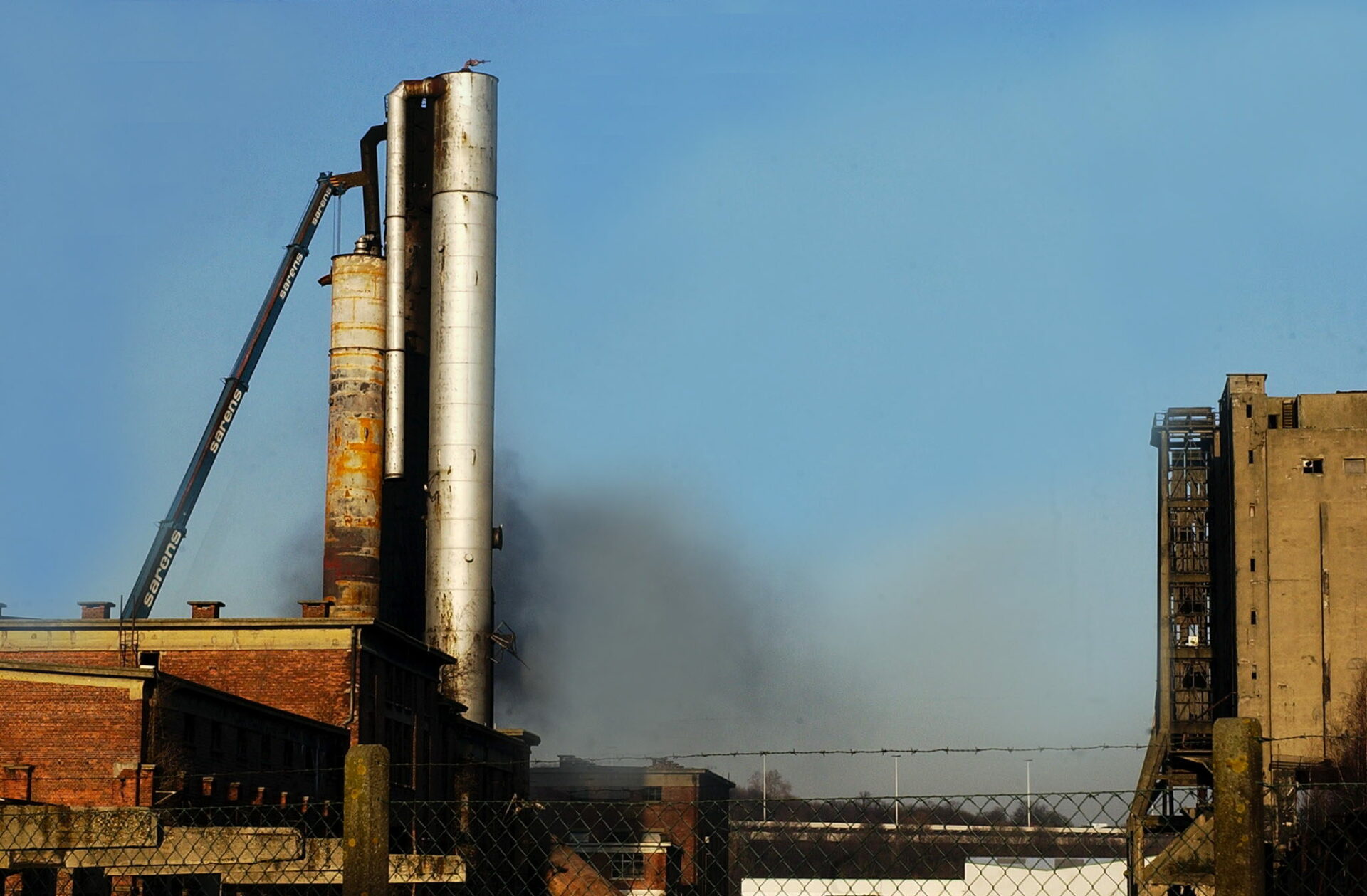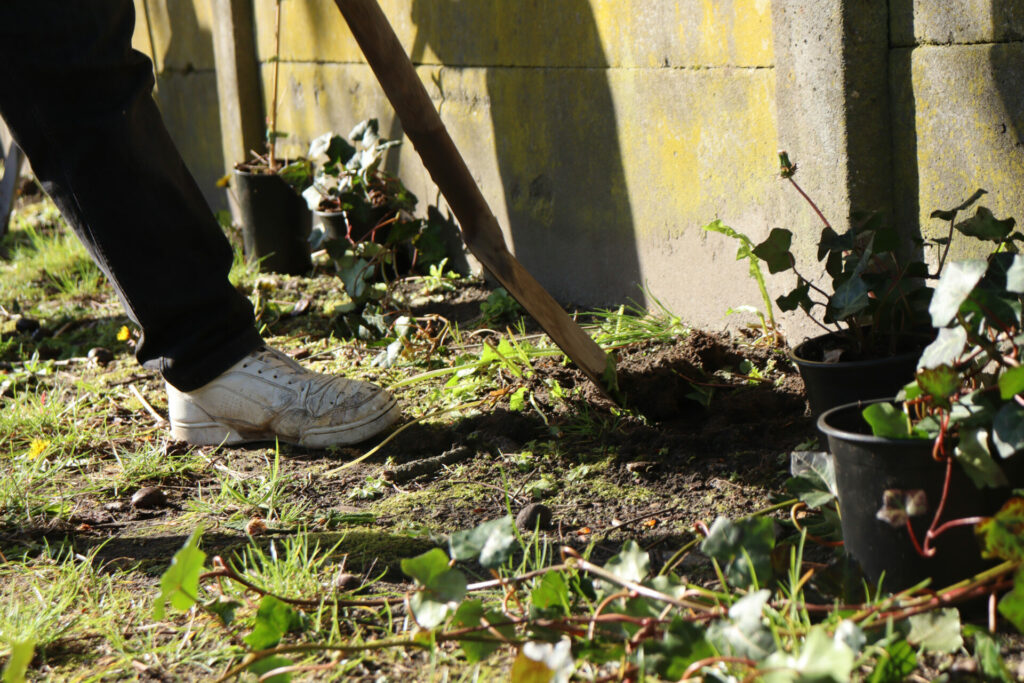With its industrial heritage and history as a densely populated space, Brussels soil has become heavily polluted and damaged. Attempts to rectify the situation have been limited but now the region has stepped up efforts to restore soil.
The pollution of the Brussels Capital Region's soil has taken place over centuries, having seen decades of industrial activity, waste dumping, leaking sewers, petrol stations and the use of pesticides, all of which have seen the quality of the soil deteriorate. A recent analysis of 800 sites across the region by Brussels Environment showed that 40% of the soil is degraded.
"The results of the analyses are still being validated," Judith Verbist, the agency's spokesperson, told The Brussels Times. "But we can already confirm that Brussels soils suffer not only from chemical pollution but also from compaction, capping and erosion, as well as loss of organic matter, micro-organisms and nutrients."
While European standards classify soil as "bad quality" when just one criterion is poor, the Brussels Region uses 18 parameters to assess soil quality. A bad score on more than nine parameters results in soil being labelled "poor". Were the European calculation method to be used, 98% of the capital's soil would be classified as "degraded".
This poses a risk not only to the region's ecosystems but also to the people who call Brussels home.
Grounds for analysis
So far, the research has shown that chemical pollution affects the largest number of soils in Brussels, followed by compaction (when soil particles are pressed together, reducing pore space between them) and sealing (placing a cover over contaminated material such as landfill waste).
"These processes affect the life of these soils and their ability to infiltrate rainwater and support plant growth," Verbist noted. As a result of this degradation, Brussels soils have low resilience and are much worse at adapting to the impacts of climate change, making the region less resilient overall.

The city's industrial past and present have contributed to soil degradation. Credit: Belga/ Jacques Collet
The analyses – which form part of the region's Good Soil strategy – were carried out on public and private areas such as parks, forests, meadows, wetlands and nature reserves. They also included agricultural land and gardens. It serves to protect and improve Brussels' soils by addressing all threats and promoting the development of living soils.
"One of the objectives of the Good Soil strategy is to know the quality of soil in Brussels before deciding on its use," Verbist explained. "Therefore, we need to carry out these analyses to identify the good and less good soils."
The basic principle of the strategy is to find the right soil for the right use, for example building on poorer quality soil and reserving the better quality soil for nature, agriculture, rainwater management and carbon storage, which is essential in the fight against the effects of climate change.
All data collected will also be used to map soil quality to better understand how Brussels soils vary. Two interactive maps on soil quality have already been created to help developers in future planning choices.
Long-term plans
In the past, rehabilitation and reuse of contaminated sites were often hampered by high clean-up or risk management costs. However, gradually, more efforts were made.
Between 2005 and 2022, 1,651 plots of land in the region (with a total landmass of 1,011 ha) were made available for reallocation for economic, residential and recreational activities, after treatment through remediation or risk management. In total, works cost €493.6 million – or about €49 per m2.
But a more structural approach is needed given the scale of the problem. Brussels Environment will formulate recommendations for soil improvement and restoration based on these analyses. The organisation plans to assess thousands of additional plots in order to inform private individuals and public authorities on their land use.
However, Verbist pointed to the need for revisions to the region's soil legislation in order that restoration can become a legal requirement for degraded soils. She stressed that this aligns with European directives to make 100% of soils healthy by 2050 though acknowledged that the findings in Brussels will make this a major challenge.

